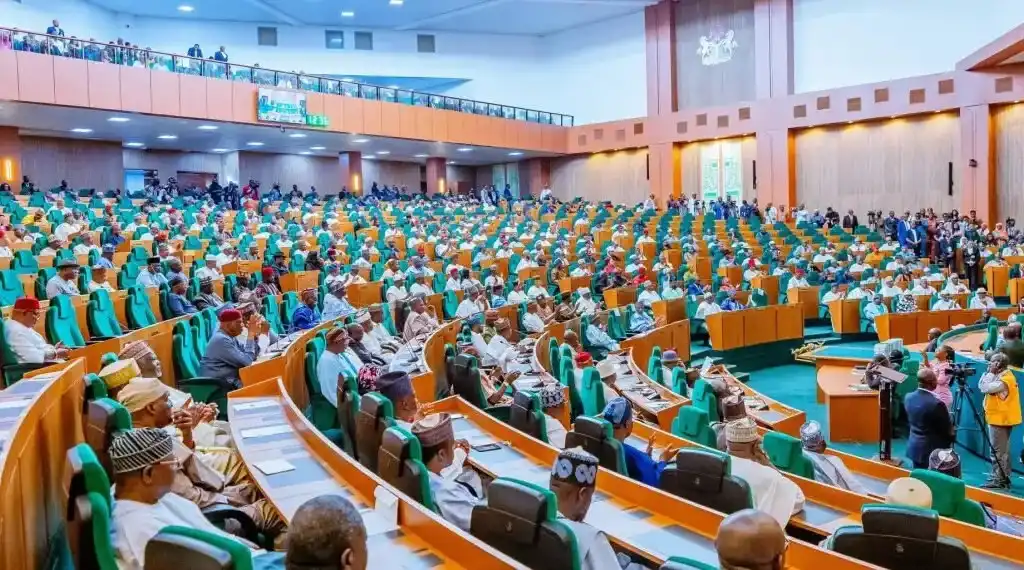Nigeria’s lawmakers are raising a red flag. Despite $4.6 billion in international health aid, the nation battles sky-high rates of HIV/AIDS, tuberculosis (TB), and malaria.
On October 21, 2025, the House of Representatives launched a probe into how funds from the Global Fund and USAID were spent from 2021 to 2025.
The goal? Uncover why these billions haven’t curbed Nigeria’s health woes.
The probe, sparked by a motion from Amobi Ogah (LP, Abia) and presented by Deputy Spokesman Philip Agbese, signals frustration. Lawmakers want answers: where did the money go, and why do preventable diseases still ravage the country?
Grim Numbers Tell the Story
Ogah laid out a stark reality. “We’re flooded with aid, but our health rankings are abysmal,” he said. From 2021 to 2024, the Global Fund injected $1.8 billion to strengthen Nigeria’s health systems, while USAID poured in $2.8 billion for HIV/AIDS, TB, malaria, and community health.
The U.S. PEPFAR program has added over $6 billion since its start to combat HIV/AIDS.
Yet, the results are grim. In 2023, Nigeria saw 51,000 AIDS-related deaths, including 15,000 children under 14, ranking third globally. It carries 26.6% of the world’s malaria cases, 31% of malaria deaths, and ranks sixth for TB. “These deaths are avoidable,” Ogah insisted, demanding accountability.
Demanding Transparency
The House tasked its Committee on HIV/AIDS, Tuberculosis, and Malaria Control to scrutinize the $4.6 billion in aid. Lawmakers seek a clear picture of how funds were used and why they’ve failed to dent Nigeria’s health crisis.
The committee has four weeks to deliver findings, paving the way for reforms. “We need results, not just cash,” Ogah said, echoing civic groups’ calls for better oversight.
The probe aims to expose mismanagement or inefficiencies that have weakened efforts to save lives and build robust health systems.
A Struggling Health Sector
Nigeria’s health challenges clash with its aid influx. Hospitals are stretched thin, rural clinics lack supplies, and infrastructure crumbles.
The Global Fund’s $1.8 billion aimed to create resilient health systems, yet many facilities can’t provide basic care. USAID’s $2.8 billion targeted community health, but malaria and TB still thrive in rural areas.
PEPFAR’s $6 billion has boosted HIV/AIDS treatment, but 51,000 deaths in 2023 highlight gaps. Advocacy groups warn that poor fund management fuels these failures, eroding trust in Nigeria’s health system.
A Pivotal Moment
This probe marks a bold push for accountability. By examining every naira spent, lawmakers hope to plug leaks and ensure aid saves lives. Nigeria’s dire rankings in HIV/AIDS, TB, and malaria demand urgent action. The committee’s report could drive reforms, from stricter oversight to smarter resource use.
As Nigeria chases goals like zero carbon emissions by 2060, its health system lags behind. This investigation could be a game-changer, turning billions in aid into healthier communities and stronger systems.
Fighting for Lives
The House’s resolve shows a nation done with excuses. With 51,000 AIDS deaths and millions battling malaria and TB, Nigeria can’t waste aid.
The probe’s findings could reshape health fund management, offering hope to struggling communities. As lawmakers dig in, Nigeria holds its breath, eager for a future where aid translates into lives saved and a thriving health system.
READ MORE: Gold and Silver Plunge as Trump’s Trade Talk Shakes Markets




















